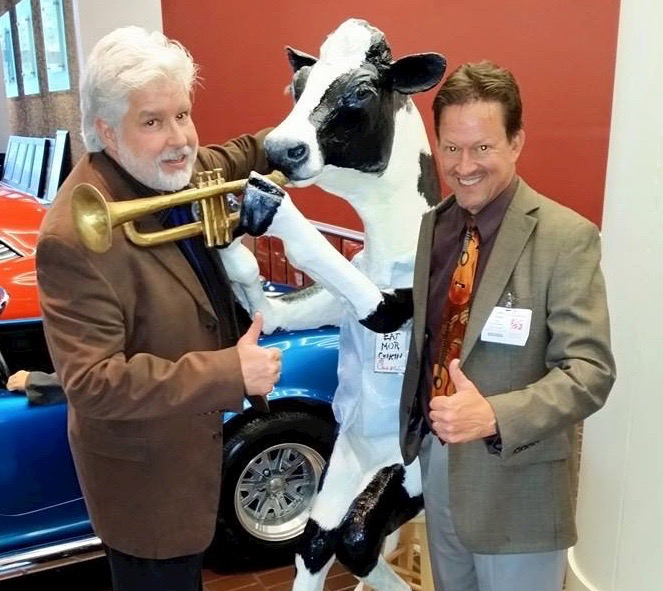“Trust is the lubrication that makes it possible for organizations to work.” ~Warren Bennis
It was over 15 years ago when I sat in the GM’s office for a performance evaluation. I thought this one would be a breeze because I’d just brought a station to number one 25-54, and then number one 12+, and we had a graduated bonus plan – the better you do the more you make.
But when we got to that point he quoted a figure that was way off from what it should have been. When I asked him about it, he told me if he followed his own bonus agreement it would be too much money. So I got 60% of what I should have.
I was gone from that station in 6 months. I could no longer trust the GM in everything going forward.
Trust is a mandatory issue when you’re working with your “boss.” If it isn’t there you’ll question everything he or she says. You’ll think suspiciously of everything coming from that person.
You’ve probably been in those circumstances at one time or another. It’s an unfortunate ailment of many. But, have you ever wondered if you’re one of them?
Many times I see people in charge who don’t want to address an issue, especially a “people issue.” They’ll tell a little white lie like, “You’re doing fine,” when asked about performance. Or they may avoid talking to someone about a problem, hoping it’ll go away. Or there are the people in charge who just don’t respect their own people.
That may seen different than the guy who looked me in the eye and said, “Too bad, this is what you’re getting,” but those little things can erode trust just as much.
A lack of integrity is a lack of integrity, no matter how small.







